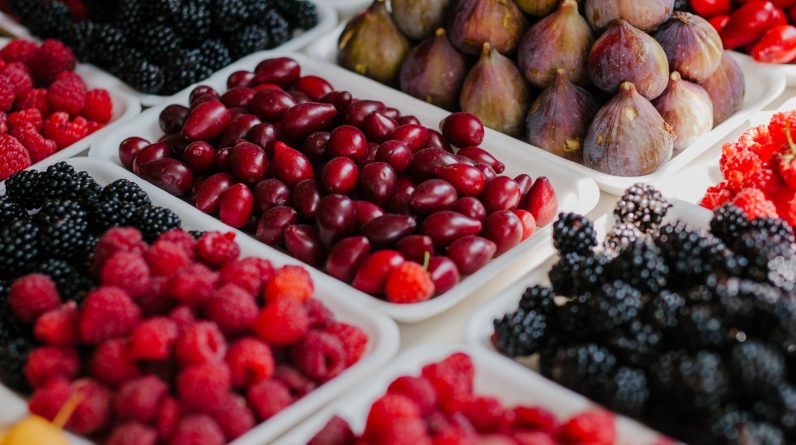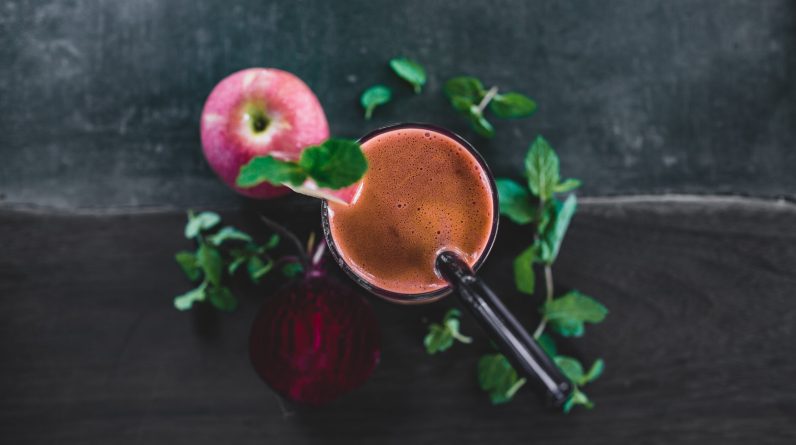
The Science Behind Pregnancy Food Cravings: Why Expecting Mothers Yearn for Unusual Foods
Pregnancy is a remarkable journey filled with a myriad of physical and emotional changes. One of the most intriguing aspects of this experience is the phenomenon of food cravings. From pickles and ice cream to peanut butter and pickles (yes, you read that right), pregnant women often develop a hankering for unusual combinations of foods. But what drives these cravings? Is it purely psychological, or is there a scientific explanation? In this article, we delve into the science behind why pregnant women crave different foods.
Hormonal Changes
A woman’s body undergoes a rollercoaster of hormonal changes during pregnancy. These fluctuations can significantly impact her sense of taste and smell. For example, the hormone human chorionic gonadotropin (hCG), which is produced during early pregnancy, can heighten a woman’s sense of smell. This heightened sense of smell can make certain foods, especially those with strong or distinctive odors, more appealing. Conversely, it can also make certain foods repugnant, leading to aversions.
- Nutritional Needs
The developing fetus requires a variety of essential nutrients to grow and thrive. As a result, a pregnant woman’s body often craves foods that are rich in specific nutrients. For instance, cravings for dairy products like ice cream may be a result of the body’s increased need for calcium during pregnancy. Similarly, cravings for salty foods could be the body’s way of signaling a need for more sodium to support blood volume expansion.
- Emotional and Psychological Factors
Pregnancy is a time of intense emotional and psychological changes. Many women find comfort in food, and cravings can be influenced by their emotional state. Stress, anxiety, and even cultural factors can play a role in what pregnant women crave. It’s not uncommon for an expectant mother to turn to familiar and comforting foods during this period.
- Evolutionary Perspective
From an evolutionary standpoint, food cravings during pregnancy might have served a purpose. In ancient times, when food scarcity was a more significant concern, cravings may have encouraged pregnant women to seek out specific nutrients they needed for a healthy pregnancy. For example, cravings for meat could have been driven by the need for protein and iron.
Smell and Taste Memories
Our sense of taste and smell are closely linked to memories. During pregnancy, heightened senses can trigger memories associated with particular foods. If a woman has positive memories related to a certain food, she may be more likely to crave it during pregnancy. Conversely, aversions can also be tied to negative memories or experiences with specific foods.
- Hormone-Induced Changes in Taste Buds
Pregnancy hormones can directly affect the taste buds. Some research suggests that these hormones can make certain tastes more intense or pleasurable, leading to cravings for foods with those specific flavors. This could explain why some women crave sweet or spicy foods during pregnancy.
- Cultural and Social Influences
Cultural and social factors play a significant role in what pregnant women crave. Family traditions, regional cuisines, and even media portrayals of pregnancy can influence a woman’s food preferences. For example, a pregnant woman who grew up in a culture that celebrates pickles and ice cream as a pregnancy craving may be more likely to develop a craving for that unusual combination.
- Individual Variations
It’s important to note that not all pregnant women experience food cravings to the same extent, if at all. Individual variations in genetics, physiology, and personal experiences can lead to a wide range of cravings and aversions during pregnancy. Some women may not experience any unusual cravings at all.
In conclusion, the science behind why pregnant women crave different foods is multifaceted and involves a combination of hormonal, nutritional, emotional, and cultural factors. While cravings during pregnancy can sometimes seem peculiar, they are a natural part of the journey. Understanding the underlying reasons behind these cravings can help expectant mothers make informed choices to ensure a healthy and balanced diet during this critical time in their lives.






